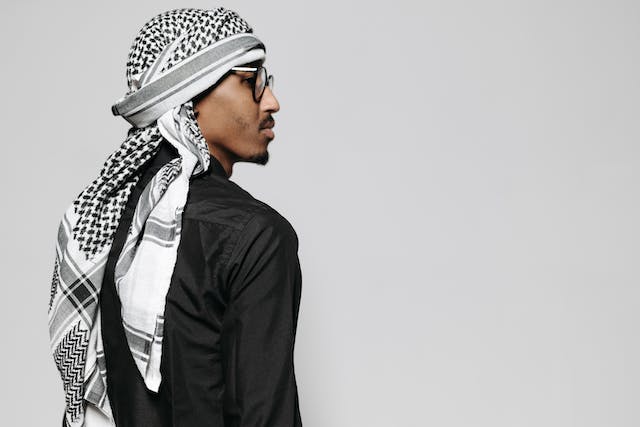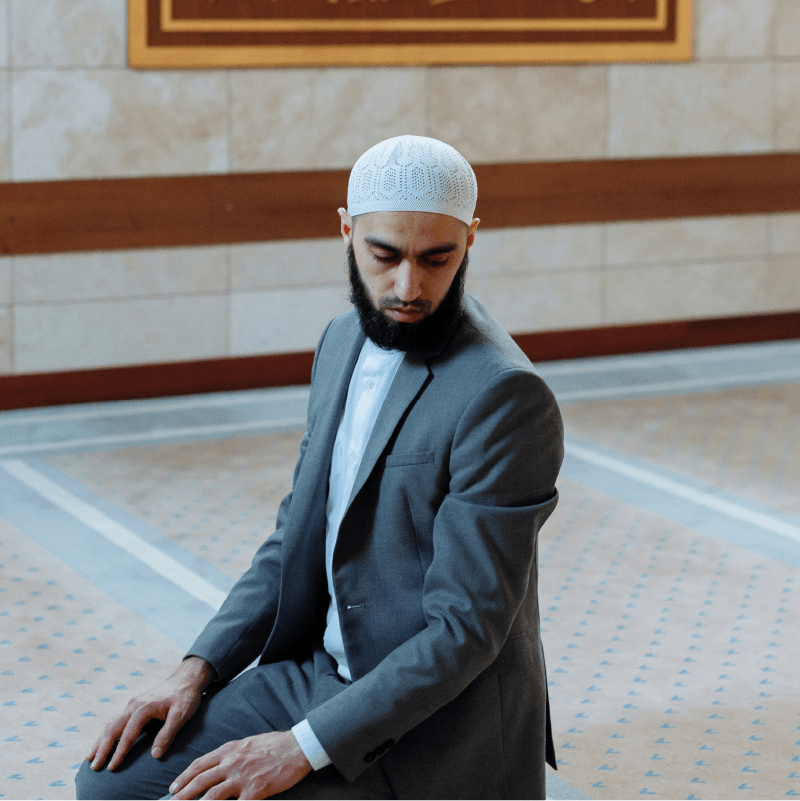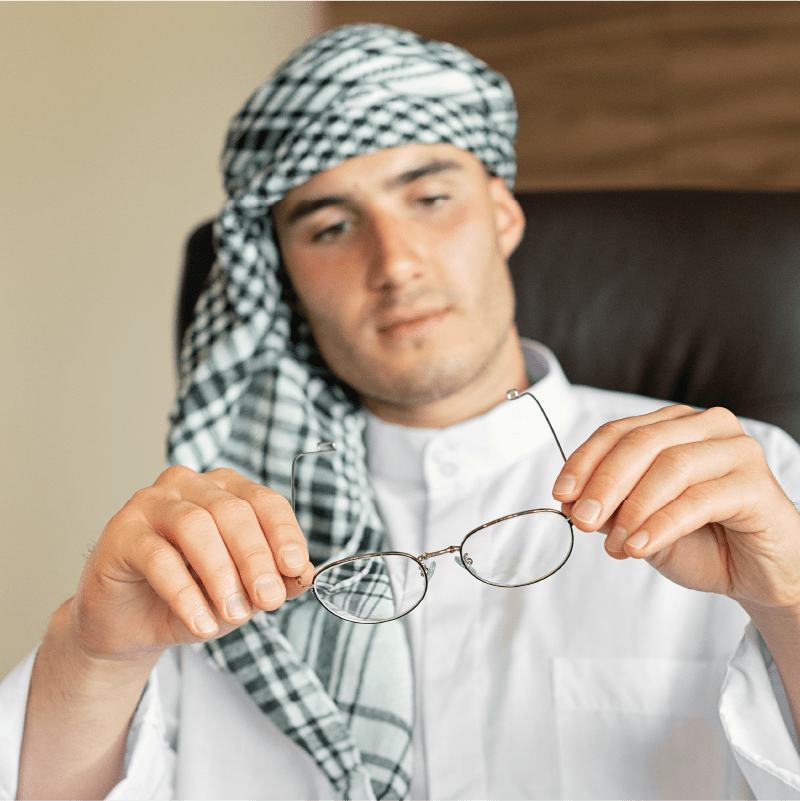Assalamu alaikum dear brothers and sisters ✨,
We often receive questions about the role of a wali (Islamic guardian) in the marriage process, and we understand this can be a source of concern for many of our sisters. Let's explore this important topic together with compassion and Islamic wisdom. 🤲
Understanding the Blessing of Having a Wali
Dear sister, having a wali isn't just a requirement - it's a beautiful protection that Allah سُبْحَانَهُ وَتَعَالَىٰ has gifted us with. Our beloved Prophet ﷺ taught us through several authentic hadith about the importance of having a mahram present in matters involving marriage:
Ibn ‘Abbaas (may Allah be pleased with him) that he heard the Prophet ﷺ say: “No man should be alone with a woman unless there is a mahram present.” [Bukhaari (5233) and Muslim (1341)]
“Indeed, no man is alone with a woman but the Shaytaan is the third one present.” [Tirmidhi (2165)]
Think of your wali as your personal advocate and protector in your journey to finding a spouse. They're there to:
- 💫 Protect your honor and interests
- 💫 Help you avoid potentially harmful situations
- 💫 Provide wisdom and guidance in spouse selection
- 💫 Ensure your marriage process follows Islamic guidelines
The Wali's Role in Marriage Conversations 🤝
Dear sisters, here's something crucial to remember: your wali needs to be present during all conversations with potential spouses. This isn't just a formality - it's a beautiful protection Allah سُبْحَانَهُ وَتَعَالَىٰ has given us.
Our beloved Prophet ﷺ taught us: "No man should be alone with a woman unless there is a mahram present." [Bukhaari (5233) and Muslim (1341)]
And: "Indeed, no man is alone with a woman but the Shaytaan is the third one present." [Tirmidhi (2165)]
What This Means in Practice: 📱
- ✨ Conversations should include your wali
- ✨ Video calls must have your wali present
- ✨ Phone calls should be on speaker with your wali
- ✨ Text conversations should be in a group chat including your wali
- ✨ In-person meetings must always have your wali present
Who Can Be Your Wali? The Complete List 📝
Allah سُبْحَانَهُ وَتَعَالَىٰ has made this clear for us. Your wali should be:
- A woman’s wali is her father,
- then whoever her father may have appointed before his death,
- then her paternal grandfather or great-grandfather,
- then her son, then his sons or grandsons,
- then her full brother,
- then her brother through her father,
- then the sons of her brother through both parents,
- then the sons of her brother through her father,
- then her uncle (her father’s brother through both parents),
- then her father’s brother through the father,
- then the sons of her father’s brother though both parents,
- then the sons of her father’s brother through the father,
- then whoever is more closely related, and so on – as is the case with inheritance.
- The Muslim leader (or his deputy, such as a judge) is the wali for any woman who does not have a wali of her own.
Conditions of your wali
- He should be of sound mind
- He should be an adult
- He should be free (not a slave)
- He should be a Muslim.
- He should be of good character (‘adalah – includes piety, attitude, conduct, etc.), as opposed to being corrupt.
What If I Don't Have a Family Wali Available?
Dear sister, if you're in this situation, please don't worry! 🤗 Allah سُبْحَانَهُ وَتَعَالَىٰ has provided solutions for every circumstance. Here's what you can do:
- ✨ Reach out to your local masjid's imam
- ✨ Connect with Islamic centers in your area
- ✨ Contact established Islamic organisations
Remember, communication can be done through phone, email, or WhatsApp - physical distance doesn't have to be a barrier! 📱
A Final Word of Encouragement
Dear sister, we understand that finding or dealing with a wali might seem challenging at first. But remember, this is a beautiful system that Allah سُبْحَانَهُ وَتَعَالَىٰ has prescribed for our protection and benefit. Make dua, have sabr, and trust in Allah's perfect plan for you. 🤲
At Sunni Marriage, we're here to support you on this blessed journey. If you need guidance about wali matters, don't hesitate to reach out to our team. May Allah سُبْحَانَهُ وَتَعَالَىٰ make your path to marriage easy and blessed. Ameen. 💫



